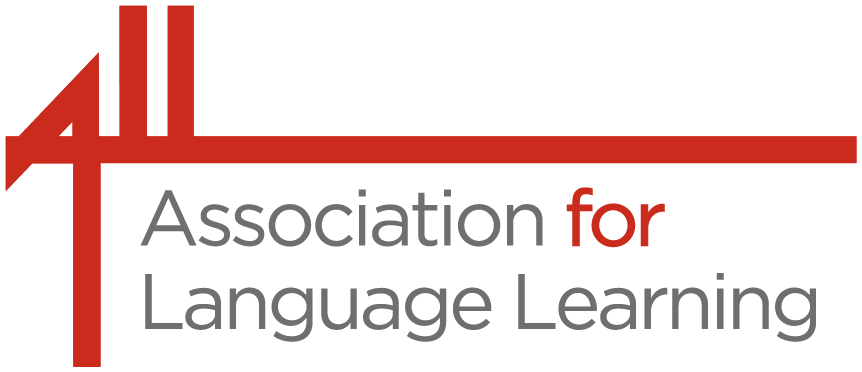Adults can learn a second language as fast as children, reports a new study—and it’s only the conditions in which a child learns a second language that’s given kids a reputation as such fast learners.
This means that adults can develop the increased neural connections typical of bilingual individuals that can, by themselves, stave off dementia by four years, as well as make traveling a heck of a lot easier.
For children, learning a second language increases the number of neural pathways between grey matter areas, and more rapidly breaks down and rebuilds existing pathways with more conceptual capacity.
This translates at home and in the classroom to better memory, increased focus, reduced vulnerability to distractions, and even earlier aptitudes at multi-tasking.
Beyond that, it gives parents more reason to dive into a second language as part of a family effort, as further research has shown learning a language as a family improves everyone’s abilities and gives opportunities for learning that are mostly absent from classroom settings.
Nature vs nurture
Many studies have shown that children’s propensity for learning a second language far exceeds that of adults, but recent research from the University of Kansas’ department of linguistics has demonstrated that’s not necessarily true.
In an examination of Spanish second-language learners, the researchers found that after minimal training, the brain activity between sentences that relied on grammatical features unique to each language resembled that of native speakers.
In other words, the brain activity within an English speaker saying, writing, and reading: “Las flores son hermosas,” or “the flowers are beautiful,” is identical to that found in the brain of a Spanish speaker, despite the fact that this target sentence uses grammatical features not found in English, such as gender and number agreements.
“I think it’s cause for optimism for university foreign language instruction. It shows that, even with limited exposure in the college classroom, learning can happen quite quickly and efficiently,” said KU linguistics professor Alison Gabriele, the co-author of the paper, to Language Magazine.
This was originally published on the Good News Network website. You can read the article in full here.
